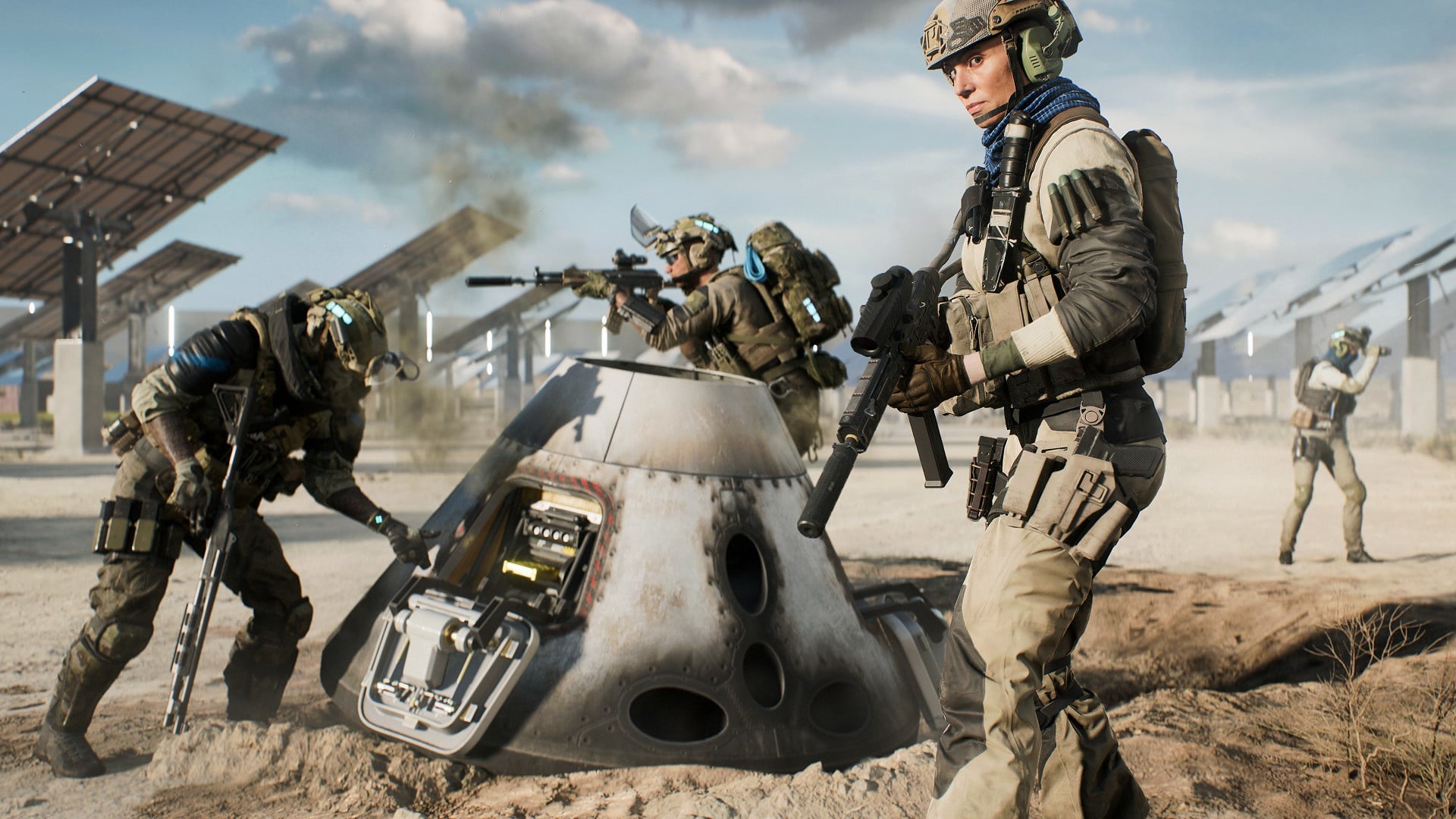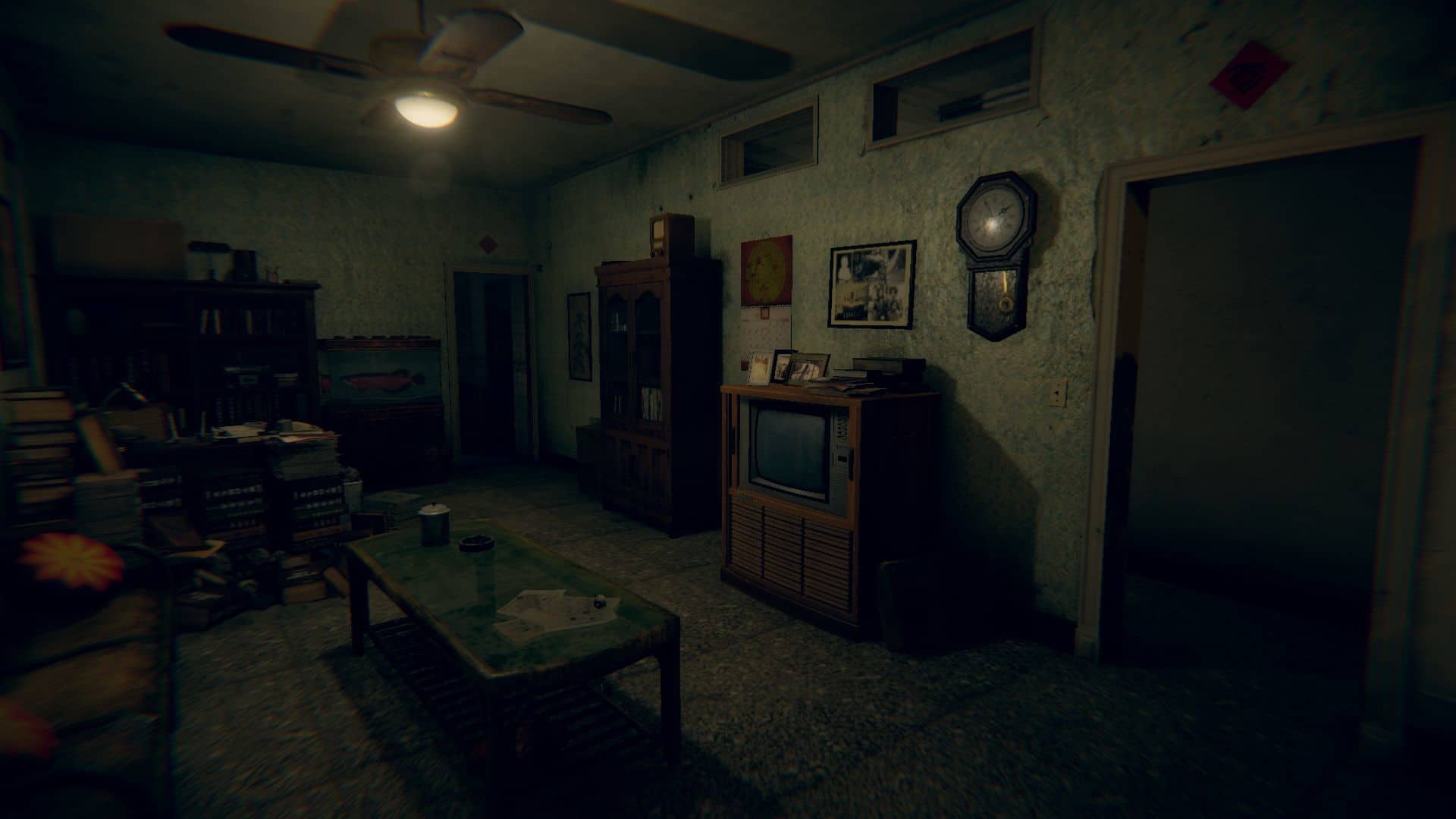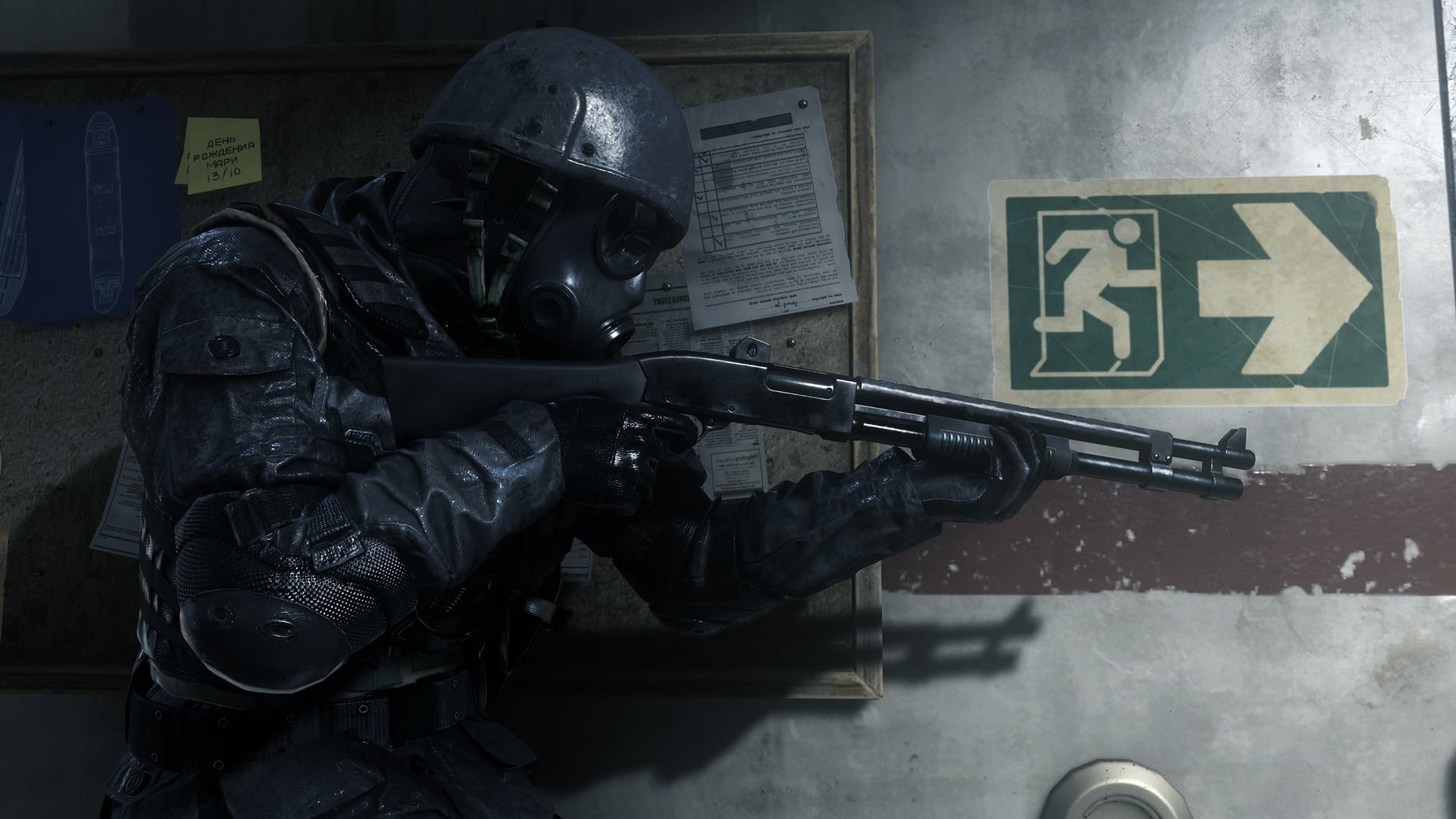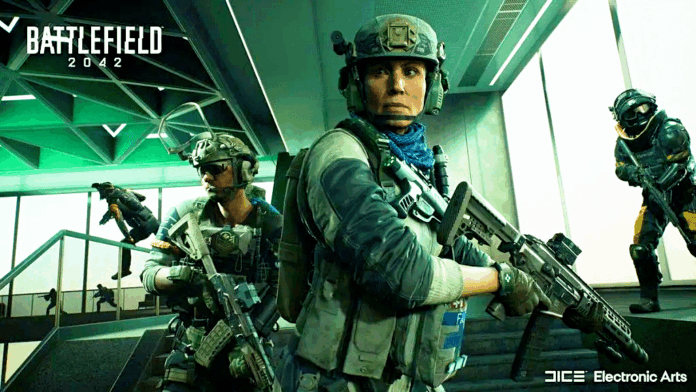Games like Battlefield 2042 or Cyberpunk 2077 don’t have it easy on Steam. Does this have financial consequences? Or is the shitstorm just a storm in a teacup?
You could call it the Shitshow Paradox: Battlefield 2042 is among the worst-rated games on Steam. At the same time, it was at times one of the most played – even if player numbers are currently plummeting. And it is by no means an isolated case. Another recent example: Cyberpunk 2077.
The Rust and Neon epic by The Witcher makers was literally torn apart on Steam right at the (bumpy) beginning. Since then, the review average has gone up and down. For the release in 2020, technical shortcomings caused displeasure. In March of this year, the positive reviews plummeted again. This time not because of internal problems, but because of CD Projekt Red’s decision to take the game off the market because of the Ukraine war in Russia and Belarus.
Which also shows: Steam reviews are by no means only an indicator of the technical and playful quality of a game. They also serve as an outlet for socio-political statements and are a form of expression for an often emotional gaming community. But how much influence do Steam reviews have on the commercial (mis)success of a game? To answer that, we talked to experts, studied data and analysed developer statements.

Thumbs Down: How Steam rates
Since 2013, Steam has allowed its users to give ratings to games. And it’s binary – a game can be recommended or not recommended, there’s nothing in between, no 10-point scale, no “yes, but”. The number of recommendations and non-recommendations is then added up to a total rating for the game in question.
In 2018, the dynamic score will be added: from then on, a distinction will be made between recent reviews and the total number of reviews, in order to be able to reflect subsequent improvements to the game through patches and the like. Bad ratings are therefore not set in stone forever. Developers are thus given the opportunity to redeem themselves before the community. This is important because: Especially for smaller studios, the ratings on Steam are the primary source of feedback on the games they develop.
At the same time, the rating function gives players both an outlet and influence – the users turn from passive consumers into active influencers. In exceptional cases, they even develop enough power to shake up entire studios. Keyword: review bombing. When players deliberately leave negative reviews in order to lower a game’s rating and thus depress sales figures or damage the game’s image.

Review Bombing: power of the crowd …
The phenomenon has existed since there was net reach thanks to review sites like Steam, Metacritic, Rotten Tomatoes and co. Probably the first game to suffer from it: Spore in 2008. Because of some restrictions actually aimed at software piracy, the strategy game got into a collective shitstorm on Amazon.
In contrast to Amazon and other review platforms, however, the rating tool on Steam is not so low-threshold: to be able to submit a review on Steam, you have to have an account that is verified via email address. Only one review is allowed per account for each game. And: You can only review games that you have actually bought – i.e. that are available in your own library and for which you have at least a few minutes of play time to show for it.
So collective trolling is not quite possible without further ado. And: Since 2019, Steam has also been taking action against so-called off-topic reviews. In a statement from Valve it says: “We will identify off-topic review bombs and remove them from the review score.” Nevertheless: the review bomber swarm intelligence strikes again and again. Sometimes even with fatal consequences for the game in question.
The indie horror title Devotion by Taiwanese studio Red Candle Games is under massive attack by Chinese gamers two days after its release in spring 2019 – because of a game amulet that allegedly insults Chinese President Xi Jinping. Within a very short time, reviews on Steam plummet: From “Extremely positive” to “Mostly negative”.
Despite patches and changes to the game, it is finally removed from Steam China during the release month. The publishers dissolve the contracts with Red Candle Games, and all losses from the controversy are now to be borne by the studio itself. Only a few days later, Red Candle Games takes the game off the platform altogether.

GOG makes an attempt to publish the game in 2020 after all and also fails due to a renewed shitstorm from parts of the Chinese gaming community. At least there is a happy ending for the game and the studio: since March 2021, Red Candle Games has been distributing Devotion and other games on its own digital platform.
.. or toothless tiger?
So are bad reviews the beginning of the end? Not necessarily. True, one would assume that bad reviews at least go hand in hand with bad sales. But that’s not always the case either, as the example of Battlefield 2042 shows.
Sure, the multiplayer shooter disappointed Electronic Arts’ sales expectations. Otherwise it is hard to explain why BF2042 is not even mentioned in the company’s most recent balance sheet. And Electronic Arts’ CEO Andrew Wilson himself admits that the game has not met expectations so far. Nevertheless, there were more than 100,000 Steam users on the servers at the launch.
Thus, the question arises as to how effective the power of Steam reviews and the like really is. Because a case like that of Red Candle Games is the exception. Far more common: There is a lot of resentment, the Steam review average is on the decline – but this does little to diminish the financial success of at least the big titles. There are enough prominent examples of this.
In October 2019, Call of Duty: Modern Warfare comes under fire, especially from Russian gamers, who accuse the game of falsifying history. Although it is hailing negative criticism: Modern Warfare is the most commercially successful installment in the series, selling over 30 million copies by 2020 alone.

The Metro series is also facing review bombing after the studio announces at short notice that the third instalment of the end-time shooter called Exodus is to be released time-exclusively on the Epic Games Store. And again, the game itself hardly suffers financially. By 2022, it has sold over six million copies.
The exact sales figures of the predecessor parts are not known. However, the Metro Redux collection with the two predecessor games sells a total of one and a half million copies, according to Deep Silver. So despite negative reviews from players, the third part of the series seems to be financially successful. According to THQ Nordic, the launch of Metro: Exodus was even the best in the company’s history.
The Last of Us Part 2 sold over four million copies within the first three days of release – making it the fastest-selling PlayStation exclusive game of all time. Although at the same time thousands of negative user scores are posted on Metacritic. One month later, the platform changes its guidelines, since then users are only allowed to rate new games 36 hours after release.
How much shitstorm is allowed?
Review Bombing on Steam and elsewhere can therefore be both: an effective disruptive instrument and a toothless tiger. It also depends on the size of the productions. Because: Large studios and titles suffer far less from the effects of bad reviews on Steam than small or indie studios. This is also shown by the example of the already mentioned Taiwanese studio Red Candle Game.
An empirical study in 2018 found that negative feedback is left behind faster than positive feedback. A phenomenon that, according to Dirk Heckmann, is also known from other areas: “In Swabian they say ‘Not scolded is praised enough’.” He recommends: “In fact, one should never rely on individual reviews anyway, but use different sources of knowledge and orient oneself on objectifiable criteria rather than to believe in sweeping cracks. “


